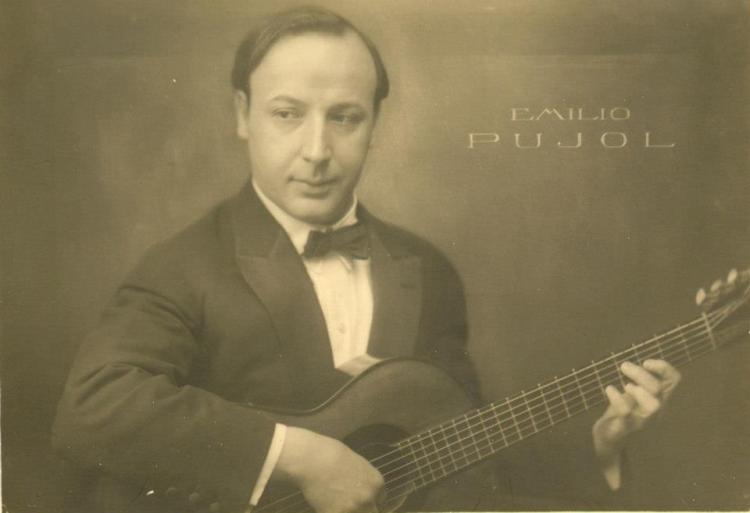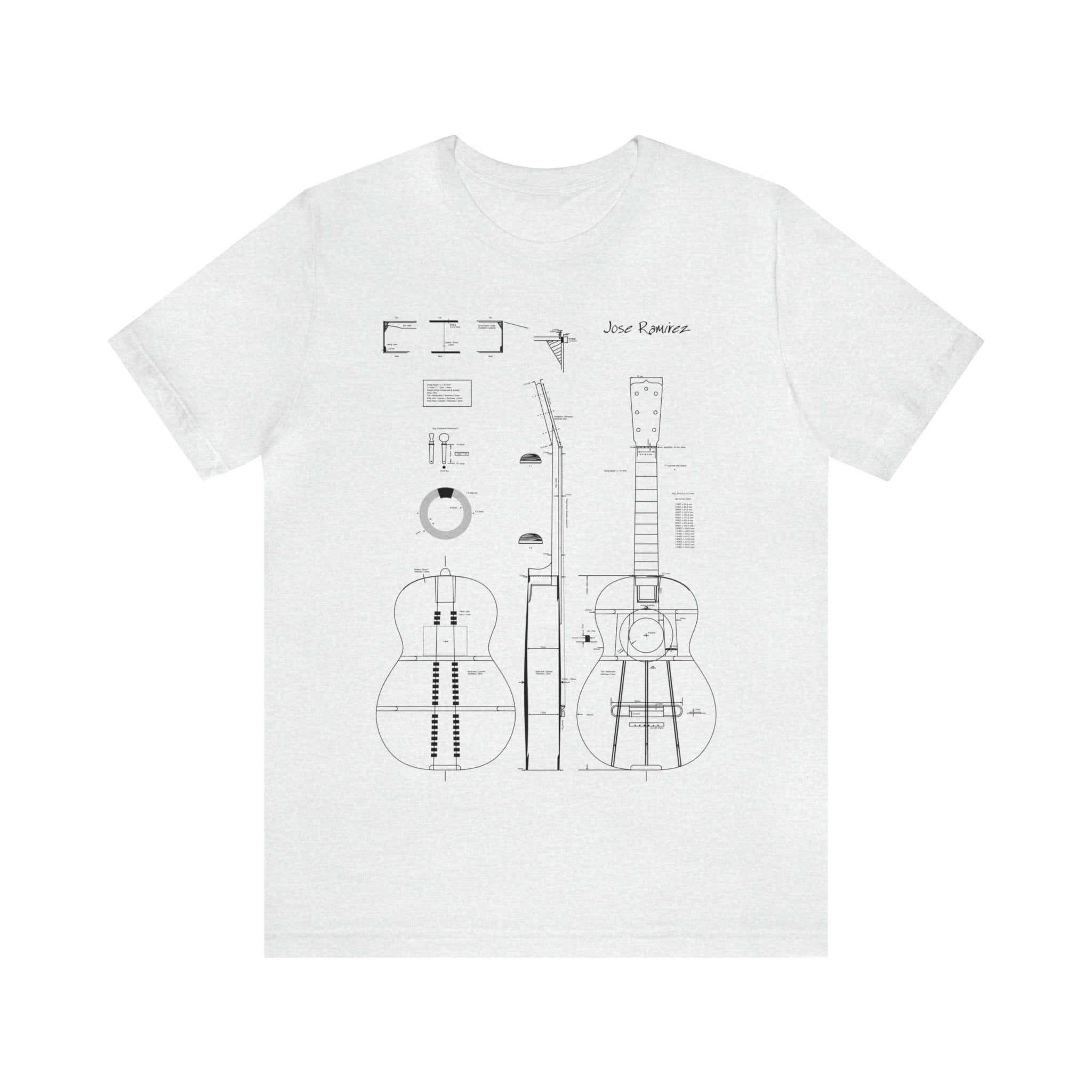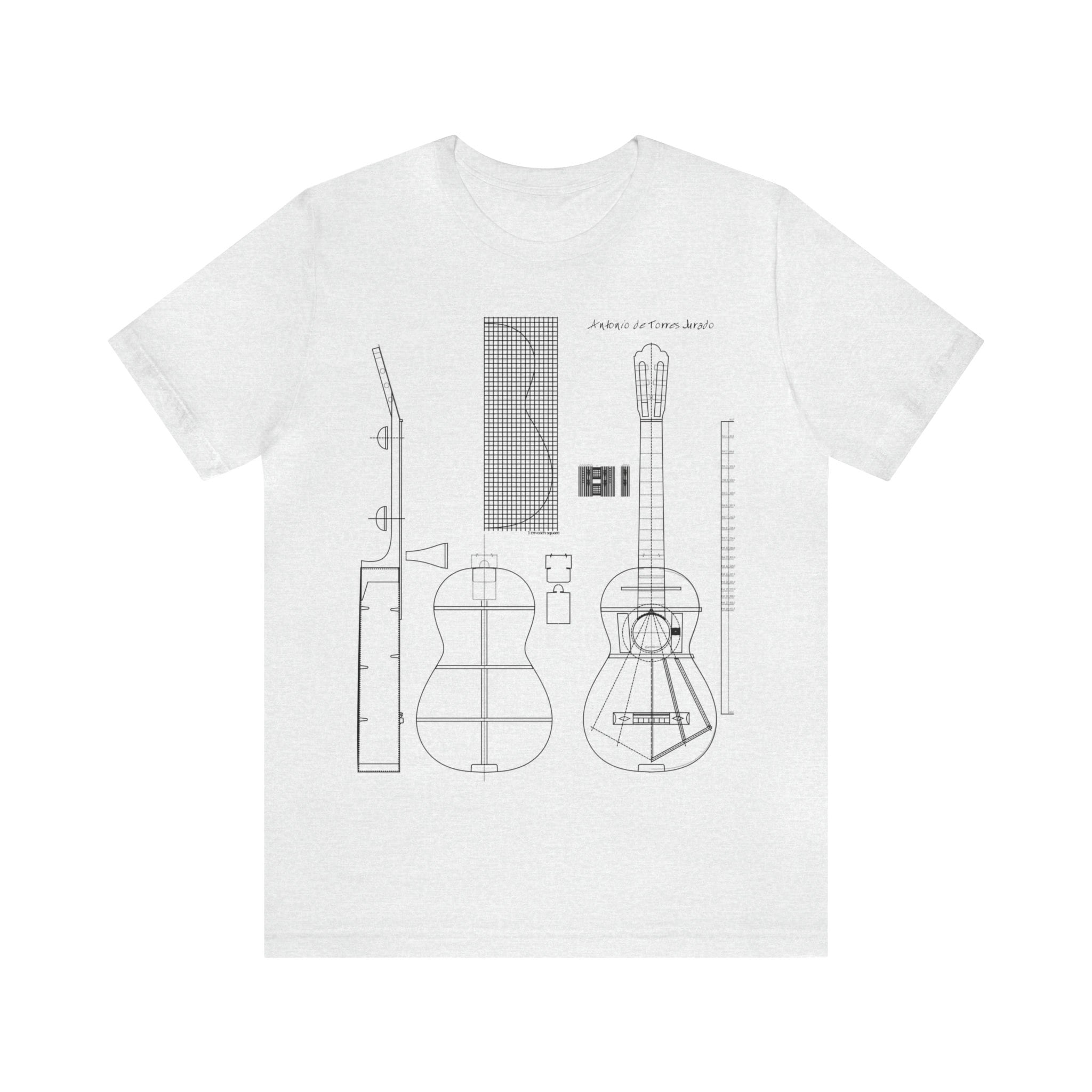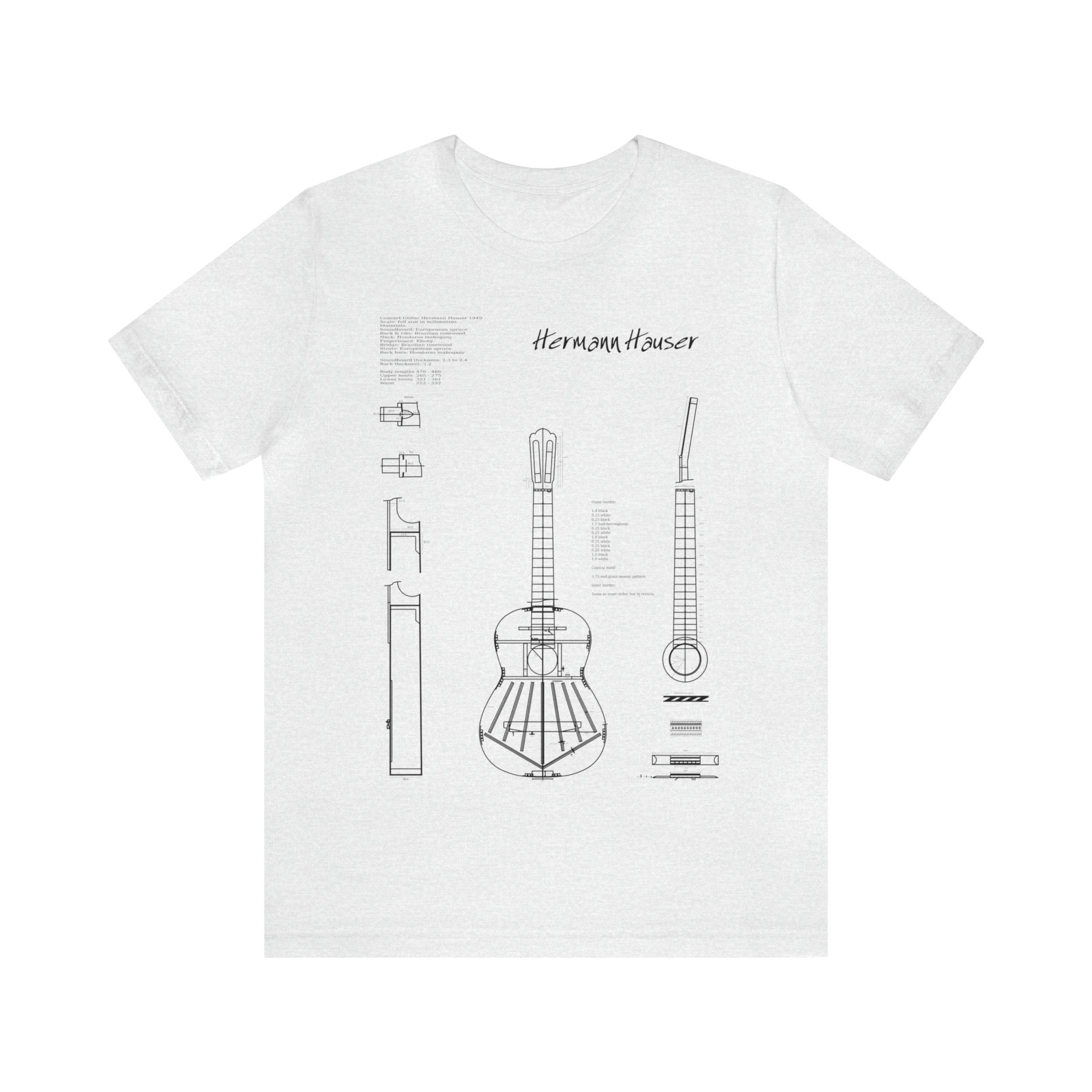These quotes are from Emilio Pujol Vilarrubi ,a Spanish guitarist and composer considered as one of the founders of modern guitar. They reflect his approach to music and guitar as a form of emotional and spiritual expression, as well as the importance of studying technique and music in depth in order to be able to pass it on to others. He stresses the importance of slow work and meditation on each note to develop a deep relationship with the guitar and the art of music. He also considers reading to be an important part of musical education in order to understand the subtleties of musical notation.
These are 10 quotes by Pujol that all of us guitarists should follow.
Quote 1
Speed is the enemy of emotion
Quote 2
The fingers must love the strings and separate from them as little as possible during movements. They must stay arm-in-arm.
Quote 3
Work slowly, and meditate on each note
Quote 4
Learn how to study: One that can study, can manage to quickly concentrate the technique “en peu de choses (in few things)”, because it goes to essence
Quote 5
Any guitarist should read Virgile, Plato, Racine
Quote 6
The soul of vibration and the vibration of the soul are in the guitar body, and each note is a small a piece of love
“I will make you a Sanzist”
Quote 7
One finds the following in the music: The beauty of a flower, a sigh; When one can appreciate the murmur of the foliage one can understand all that occurs behind the musical writing and transmit to the others, transmiting our happiness to them.
Quote 8
To interpret a work, one must be convinced that they are doing it well, and try to get as close as possible to the composer’s spirit
Quote 9
Each of us has their own “Puerta del Sol” but is constantly diverted, can never truly reach it
Quote 10
There is a vibrato that occurs without moving the finger: it is the vibration of the soul of the one who deeply feels what they play
Biography
Emilio Pujol was born in the little village of Granadella just outside Lerida, Spain. He began his studies with Francisco Tárrega at the Conservatory of Barcelona in 1901, when he was fifteen years of age. At this time, Miguel Llobet was making his debut as a concert artist outside Barcelona. Pujol fondly remembered his first encounter with Tárrega and in his biography of his teacher, he described his mestre in very endearing, romantic terms.
During the war years 1914-1918 he did not travel much and mainly remained in Catalonia. In 1918 he undertook his first tour of South America, starting in Buenos Aires. The only major interruptions in his concert travels were his marriage to Matilda Cuervas in Paris, an Andalusian singer and guitarist, and the period of time he devoted to historical research in Paris into the instrumental predecessors of the guitar. The beginning signs of World War II, also prevented him from continuing his concert career.
Classical Guitar






